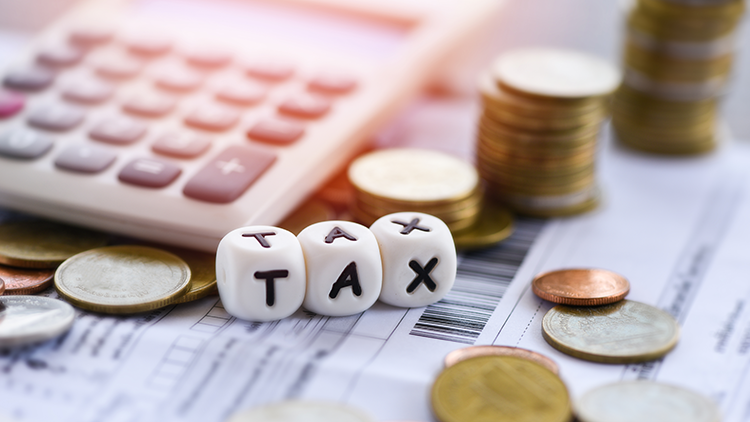At the forefront of recent fiscal discussions in Vietnam lies the pressing issue of personal income tax reform. The debate has intensified as citizens and experts alike decry the inadequacy of current tax policies in addressing the escalating living expenses faced by taxpayers.
The crux of the matter revolves around outdated regulations, particularly concerning family deductions and tax rates, which have failed to keep pace with economic shifts and rising costs of living.
At a recent press conference held by the Ministry of Finance, Deputy Director Truong Ba Tuan disclosed that due to Consumer Price Index (CPI) fluctuations failing to meet the 20% threshold, proposed amendments to Vietnam's Personal Income Tax (PIT) Law have been delayed, leaving family deductions unchanged.
Since the inception of the Personal Income Tax Law in 2009, subsequent adjustments to family deductions have been few and far between. Despite amendments in 2012 and 2020, the allowances have lagged behind the relentless inflationary trends, rendering them insufficient in meeting the financial needs of taxpayers.
While the law mandates adjustments when the Consumer Price Index (CPI) fluctuates by over 20%, the failure of CPI to reach this threshold has left taxpayers languishing under outdated deductions.
Lawmakers have voiced concerns over the mismatch between the current deductions and the stark realities of urban life. The discrepancy between stagnant deductions and soaring living costs has left many taxpayers struggling to make ends meet.
The sentiment echoed among citizens is that the current tax regime unfairly burdens individuals, especially those with dependents and additional financial responsibilities, such as school fees and healthcare expenses.
Addressing these concerns, proposals have been tabled to increase family deductions to align with the evolving economic landscape. Lawmakers emphasize the urgent need for reforms to alleviate the financial strain on taxpayers and promote social welfare.
Furthermore, calls for a revision of the tax rate structure have emerged, with suggestions to streamline the progressive tax levels to enhance efficiency and fairness in tax collection.
The urgency for reform has been underscored by the enduring impact of the COVID-19 pandemic on the economy. As households grapple with reduced purchasing power and heightened economic uncertainty, the need for responsive fiscal policies has become increasingly apparent.
Rising costs across essential sectors, including housing, education, and healthcare, have further underscored the inadequacy of current tax deductions in providing relief to taxpayers.
Looking ahead, policymakers must adopt a proactive approach to tax reform, considering not only inflationary trends but also broader economic indicators such as GDP per capita and annual inflation rates.
Flexibility and responsiveness in policy development are paramount to ensuring that tax regulations remain relevant and equitable in addressing the evolving needs of society.
In essence, the imperative for revamping personal income tax policies transcends mere fiscal adjustments; many experts say it is a testament to the government's commitment to fostering economic prosperity and social equity.
By heeding the calls for reform and enacting meaningful changes, Vietnam can pave the way for a fairer and more resilient tax system that empowers individuals and promotes sustainable development.









 Google translate
Google translate